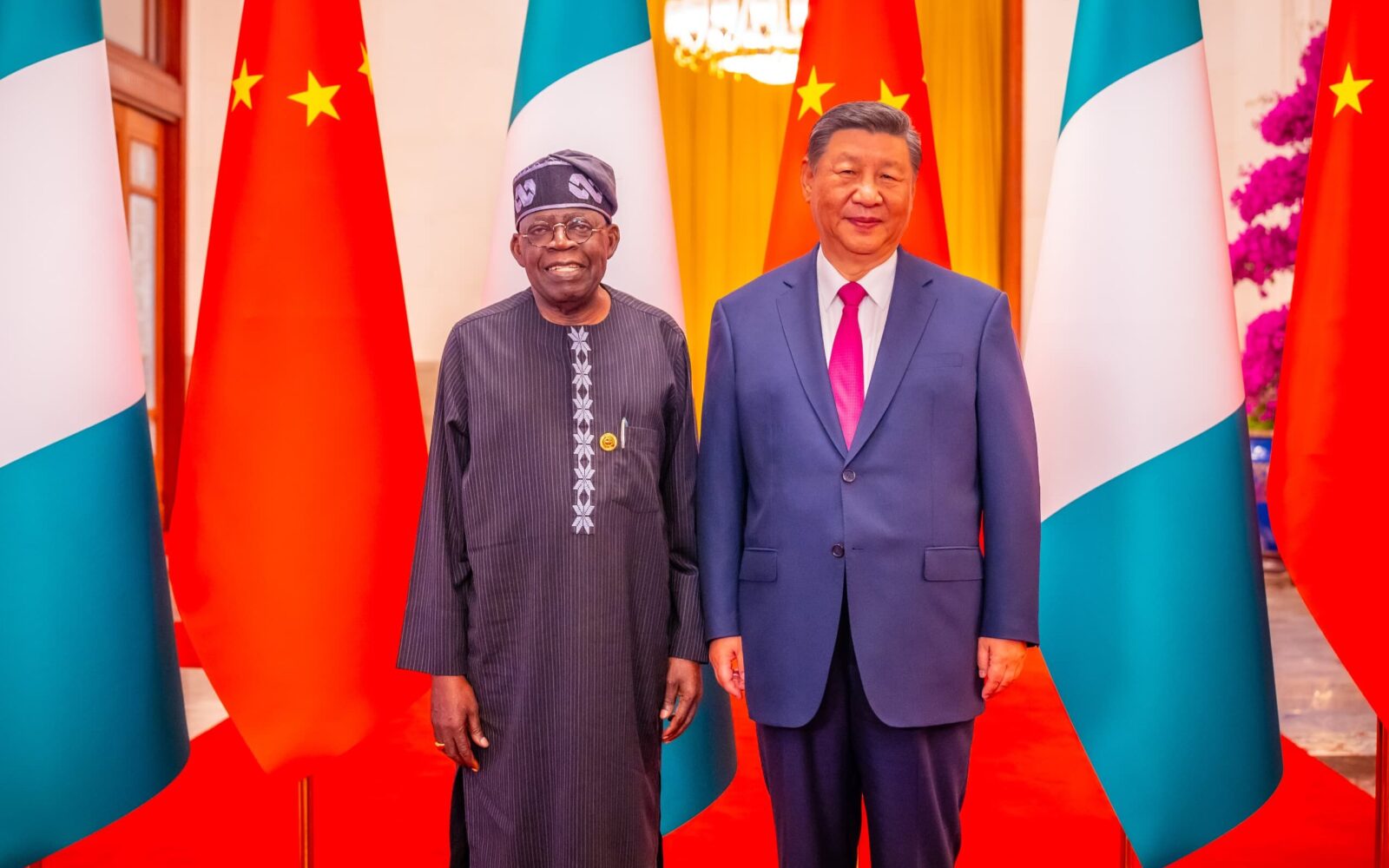President Xi Jinping announced on Thursday that China will significantly increase its support to debt-laden Africa, committing nearly $51 billion in funding over the next three years. This assistance will boost infrastructure development, industrial growth, and job creation, with at least 1 million new jobs projected for the continent.
Expanding China-Africa Cooperation
Speaking at the Forum on China-Africa Cooperation (FOCAC) Summit in Beijing, Xi addressed delegates from over 50 African nations, outlining China’s renewed commitment to the continent. “China and Africa account for one-third of the world population. Without our modernisation, there will be no global modernisation,” Xi emphasized, framing the partnership as essential to global development.
China, the world’s largest bilateral lender, pledged to triple its infrastructure projects across Africa, particularly in resource-rich regions. Despite a recent shift toward smaller, more focused initiatives involving advanced and green technologies, Xi’s announcement signals continued large-scale support.
Breakdown of Financial Assistance
China’s pledge includes 360 billion yuan ($50.70 billion) in financial support over the next three years. Of this, 210 billion yuan will be extended through credit lines, while at least 70 billion yuan will be injected as fresh investment from Chinese companies. The remaining funds will be allocated for military aid and various other projects.
Notably, the financial support will be provided in yuan, reflecting China’s efforts to internationalize its currency. This marks an increase from the $10 billion in investments and credit lines promised during the previous FOCAC summit in Dakar in 2021.
Infrastructure and Clean Energy Projects
Xi outlined plans for 30 new infrastructure connectivity projects and 30 clean energy initiatives to address Africa’s pressing energy needs. He also expressed a willingness to collaborate on nuclear technology to help mitigate the continent’s energy deficit, which has hindered industrialization.
Additionally, Xi called for the development of a China-Africa network of land and sea links, urging Chinese contractors to return to Africa now that COVID-19 restrictions have been lifted, which had previously disrupted ongoing projects.
Debt Relief and New Initiatives
While Xi did not directly address Africa’s mounting debt to China in his speech, the newly adopted Beijing Action Plan for 2025-2027 included terms for debt repayment postponements. It also proposed the creation of an African rating agency, signaling an evolving approach to Africa’s financial challenges.
At the summit, United Nations Secretary-General António Guterres highlighted the need for better debt relief mechanisms, warning that inadequate access to financial resources could lead to social unrest across Africa.
China’s Growing Role in Africa’s Development
China’s role as Africa’s leading lender remains unchallenged, although African nations also rely on funding from Gulf states like Saudi Arabia and various multilateral organizations such as the World Bank. Nonetheless, African nations continue to turn to China for significant financial support, with China approving $4.61 billion in loans to Africa in 2023—marking the first annual increase in Chinese loans since 2016.
Xi’s vision for the future emphasizes a shared China-Africa modernization effort, stating that “without our modernisation, there will be no global modernisation.” The summit concluded with the Beijing Declaration, focusing on building “a shared future in the new era.”
African Perspectives
African leaders and delegates welcomed China’s renewed engagement. Sierra Leone’s Fisheries and Marine Resources Minister, Princess Dugba, expressed enthusiasm for new developments, noting that “China is getting us a fish harbour, which is one of the first of its kind.” Such projects highlight the growing China-Africa partnership in various sectors, including infrastructure and resource management.
Looking Ahead
As China continues to deepen its involvement in Africa, the $51 billion in funding, along with the promise of 1 million jobs, positions the Asian giant as a critical partner in Africa’s development. With initiatives focusing on infrastructure, clean energy, and trade, the China-Africa relationship appears poised to strengthen further in the coming years.


















